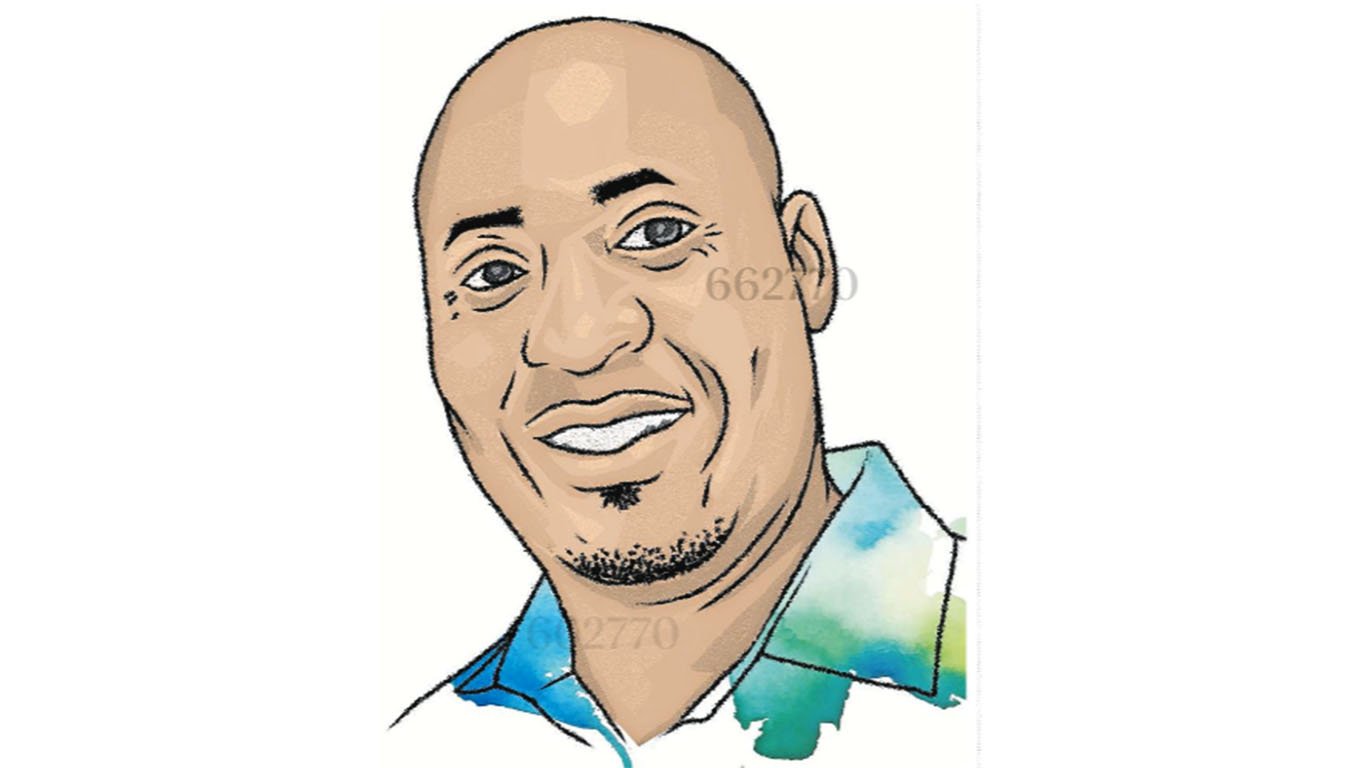
Mr Robert Wanok, head retail banking at Equity Bank. PHOTO/ ISAAC KASAMANI
Where should people be saving their money?
It is wise to keep your money in the bank to mitigate the risk of misusing funds. As humans, we often struggle to track our spending and identify financial leakages. Therefore, I strongly recommend depositing your money in a bank or financial institution.
Consider using a savings account, which can be personal, joint, or even for a company. You might also explore group funds, such as investment clubs where peers save for a common goal. Additionally, banks offer various financial instruments that can help you grow your savings.
Consult with your banker to determine the best way to allocate your funds, as they can guide you through the different savings options available. This proactive approach will help you manage your money more effectively and work toward your financial goals.
The level of savings in Uganda remains fairly low with the gross domestic saving ratio standing at 19.21 percent of the GDP by 2023. How can this be increased?
The savings rate of our country serves is an important indicator of our economic maturity and household income levels. Savings are directly linked to the income generated by households and businesses. Currently, our savings represent 19.21 percent of GDP, an improvement from previous rates of 10 to 15 percent. While this increase shows progress, we still have a long way to go as a nation.
To further boost savings, we can classify our efforts into several categories. First, enhancing financial literacy is crucial. Historically, our education system did not emphasize the importance of saving, but this is changing. Today, there is a growing focus on financial education throughout the curriculum, including entrepreneurial studies and early economic literacy. This helps individuals develop skills in budgeting and understanding the necessity of setting aside funds for unexpected situations.
Financial institutions are also playing a vital role in promoting savings. For example, Equity Bank offers accounts that parents can open for their children from a young age, encouraging early saving for future needs, such as university education or unforeseen circumstances.
By beginning to save while a child is still a baby, parents can lay the foundation for a more secure and prosperous future for their children.
Additionally, we run initiatives aimed at improving financial literacy among disadvantaged and marginalised groups, teaching them the importance of saving. This focus on education and accessibility has contributed to the overall increase in our national savings rate. Through these combined efforts, we can continue to foster a culture of savings that benefits individuals and the nation as a whole.
For how long should savings be exercised both at the individual and at national level?
Savings should be practiced continuously at both the individual and national levels.
Let us focus on individual home savings. Saving should be a lifelong practice, and developing discipline around budgeting is essential for effective financial management. Creating a clear budget helps you prioritise needs and plan for expenses.
I recommend establishing both monthly and annual savings plans, which can be agreed upon by all family members, including parents and children or spouses. The earlier you start saving, the better. Starting young allows you to build a solid foundation, while delaying savings can make it more challenging to accumulate the necessary funds later in life. By instilling good saving habits early, you set yourself up for a more secure financial future.
What is the significance of World Saving Day which started way back in 1924?
World Savings Day is not just a commemoration; it serves as a landmark to emphasize the importance of setting aside a portion of your earnings—whether regular or irregular—for unexpected events. Savings can be allocated for emergencies, such as illnesses or unplanned purchases, as well as for travel, holidays, or general upkeep.
This day highlights the role that saving plays in building wealth and ensuring overall well-being. It reminds individuals of all ages—young, adults, and retirees—of the necessity of putting aside a portion of their income to prepare for unforeseen circumstances.
By promoting the habit of saving, we can better equip ourselves for life's uncertainties and enhance our financial security.








